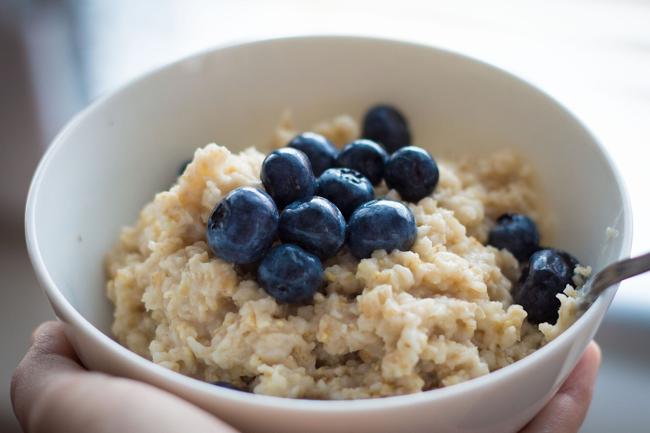
AI News Q&A (Free Content)
Q1: How much protein can a person realistically obtain from a well-planned vegan diet, according to recent nutritional research?
A1: A well-planned vegan diet can meet all protein requirements for adults and children by including a variety of protein-rich plant foods such as legumes, nuts, seeds, whole grains, and soy products. According to current nutritional guidelines, vegans can achieve recommended protein intakes of 0.8 grams per kilogram of body weight per day, similar to non-vegans, provided that their diet is diverse and calorie-sufficient. Supplementation with vitamin B12 is recommended for all vegans to prevent deficiency, as this vitamin is not naturally present in plant foods.
Q2: What are some of the primary sources of plant-based protein recommended for vegans, and which nutrients should they monitor closely?
A2: Primary plant-based protein sources recommended for vegans include lentils, chickpeas, beans, tofu, tempeh, quinoa, and nuts. Vegans are advised to monitor intake of vitamin B12, iron, calcium, zinc, vitamin D, and omega-3 fatty acids, as these nutrients may be less abundant or less bioavailable in plant-based diets. Foods like immature lima beans can serve as amino acid and choline sources, while mushrooms can help provide vitamin D. Regular dietary planning and, if necessary, fortified foods or supplements can help address these gaps.
Q3: What does recent research suggest about the public’s perception of vegan protein sources and the healthfulness of a vegan diet?
A3: Recent studies indicate that non-vegans often perceive vegan diets as less healthy and more difficult to maintain than vegans themselves report. Social media sentiment analysis has shown that veganism is generally portrayed positively, but the main barrier to broader adoption is skepticism about health benefits, especially regarding adequate protein intake. This perception persists despite evidence that a well-planned vegan diet can meet all nutritional needs.
Q4: What are some potential nutritional deficiencies associated with plant-based diets, and what strategies are recommended to mitigate these risks?
A4: Potential deficiencies in plant-based diets include vitamin B12, vitamin D, iron, calcium, zinc, choline, and selenium. Nutrition experts recommend strategies such as consuming a diverse range of plant foods, using fortified foods (e.g., plant milks, cereals), and supplementing with nutrients like B12 and vitamin D. For iron and zinc, consuming legumes, nuts, seeds, and whole grains, and pairing them with vitamin C-rich foods to enhance absorption is beneficial.
Q5: According to the latest scholarly research, which plant-based foods are considered optimal for achieving a balanced vegan diet, and why?
A5: Scholarly research using nutrient composition data highlights foods like immature lima beans for their amino acid and choline content, and mushrooms as a source of vitamin D. These foods are prioritized because they help fill specific nutrient gaps that are more common in vegan diets. The approach of nutritional fitness—quantifying foods' nutrient profiles—enables more precise recommendations for balanced vegan meal planning.
Q6: How has the introduction of plant-based protein alternatives impacted consumer innovation and the broader food industry?
A6: The rise of plant-based protein alternatives has led to significant consumer innovation, prompting the food industry to develop new products such as plant-based meat substitutes, dairy alternatives, and protein-enriched snacks. This shift has been driven by consumer demand for sustainable and ethical options, as well as increasing awareness of health benefits. The global plant-based protein market is projected to continue growing, influencing product development and retail offerings.
Q7: Is it true that only animal-derived foods provide 'complete' proteins, or can vegans obtain all essential amino acids from plant-based sources?
A7: It is a myth that only animal-derived foods provide 'complete' proteins. While some plant foods are lower in certain essential amino acids, consuming a variety of plant-based proteins throughout the day ensures that vegans obtain all essential amino acids. Foods such as soy products, quinoa, and buckwheat are considered complete proteins, and most dietary guidelines confirm that protein combining at each meal is unnecessary for those eating a varied plant-based diet.
References:
- Vegan nutrition, https://en.wikipedia.org/wiki/Vegan_nutrition




